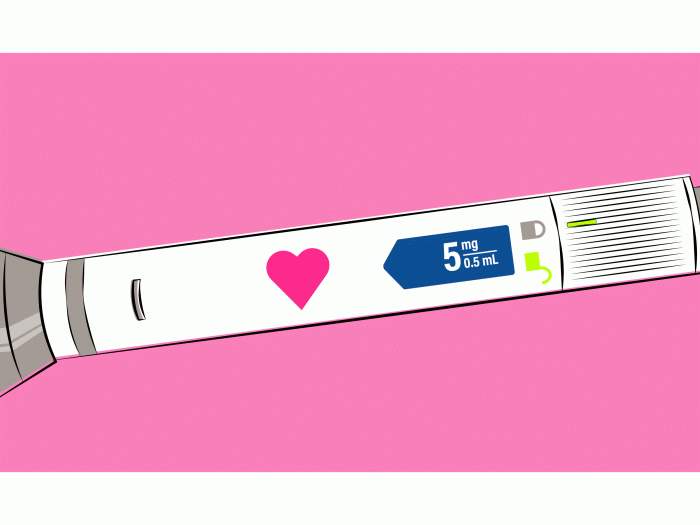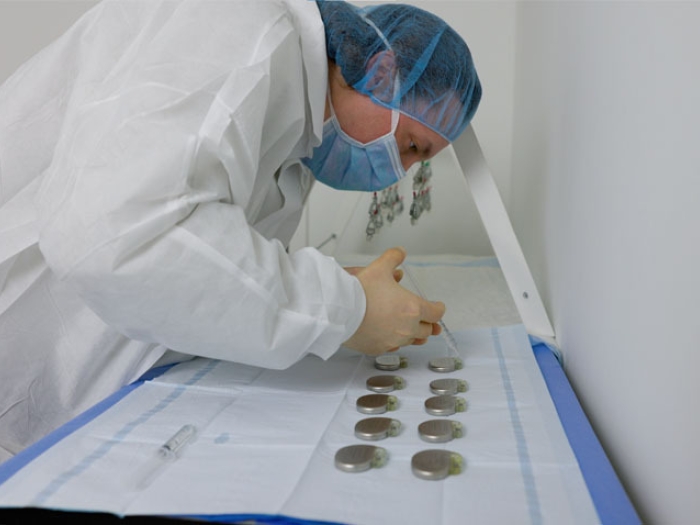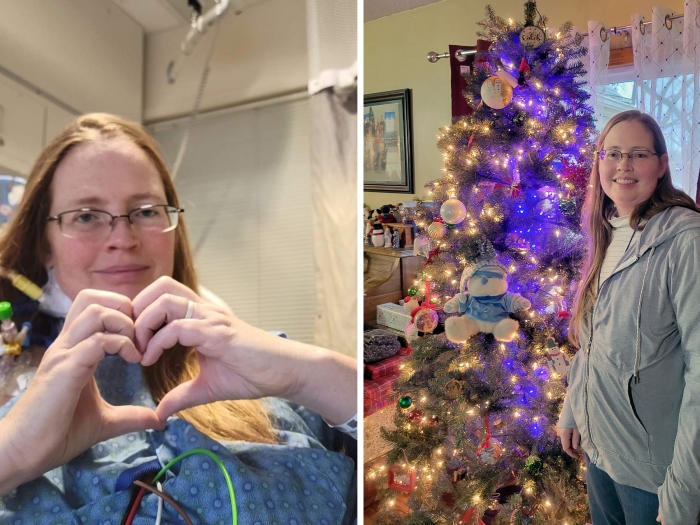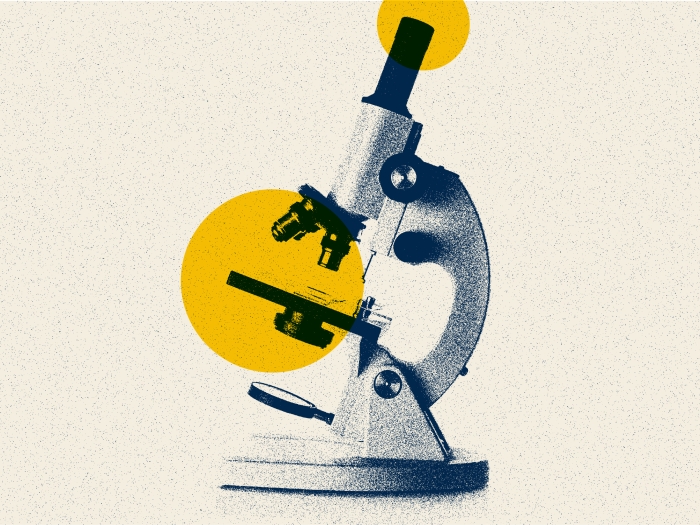Showing 1-15 of 46 results

Health Lab
The newest version of the heparin reversal drug, described in a recent issue of Advanced Healthcare Materials, adjusted the number of protons bound to it, making the molecule less positive so it would preferentially bind to the highly negative heparin, resulting in a much safer drug.

The Fundamentals
Today on The Fundamentals is Dr. Maria Castro, the R.C. Schneider collegiate professor of neurosurgery, and a professor of cell and developmental biology at the University of Michigan Medical School. Her research program aims to develop immunotherapies for primary and metastatic brain cancer, studying basic immune biology mechanisms leading to clinical implementation. She has been inducted into the American Association for the Advancement of Sciences, the Latin American Academy of Sciences, and the American Institute for Medical and Biological Engineering College of Fellows. She has won numerous awards for her contributions to basic science and cancer research and is a diversity ambassador for the Cancer Biology Graduate Training Program.
You can learn more about Dr. Castro here, and you can follow her @castro2355_mg, the Rogel Cancer Center @UMRogelCancer, the department of neurosurgery @umichneuro, Michigan Neurscience Institute @UM_MNI and the department of cell and developmental biology @UMCDB on X

Medical School News
Four faculty and two staff members from the departments of Anesthesiology, Neurology, Radiology and Surgery, and the Office of Graduate Medical Education (GME), are recipients of GME Awards for 2024

Health Lab Podcast
Complications during procedures only contributed to death in about 20% of cases.

Health Lab
Around 10% of all deaths following percutaneous coronary intervention are potentially preventable, a study led by Michigan Medicine finds.

Health Lab
Cardiologist shares how weight loss medications may impact cardiovascular health.

Health Lab Podcast
It showed high levels of accuracy at predicting death, major bleeding events and the need for blood transfusion. Visit Health Lab to read the full story. The BMC2 Probability of Events Following PCI application can be found here.

Health Lab
Researchers at Michigan Medicine developed an AI-driven algorithm that accurately predicts death and complications after PCI — which could emerge as a tool for clinicians as they determine treatment for blocked heart arteries.

Health Lab
Researchers and clinicians at the U-M Health Frankel Cardiovascular Center began sending reconditioned pacemakers to low- and middle-income countries for compassionate use cases in 2010 through the “My Heart Your Heart” program.

Health Lab
Recently approved by the Food and Drug Administration, Pluvicto is a radionuclide-labelled drug administered to patients showing promising results.

Health Lab
At Michigan Medicine, a mother of eight kids underwent a heart transplant surgery through a process called donation after circulatory death, or DCD, which saved her life.

Health Lab
Post-traumatic stress worse among Mexican American caregivers compared to white caregivers.

Health Lab
Itaconate shows promise in reducing inflammation for several conditions

Health Lab Podcast
The device would be the first clinical-grade, diagnostic wrist-worn device for long term Afib monitoring. Visit Health Lab to read the full story.